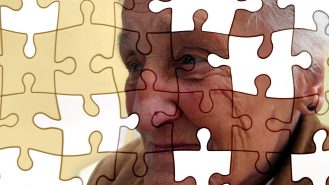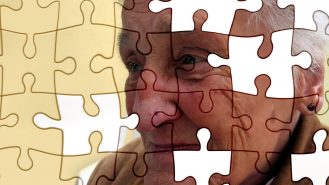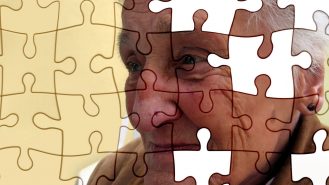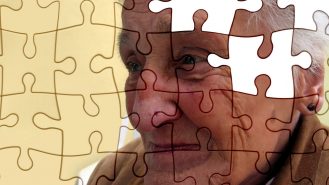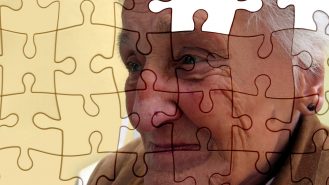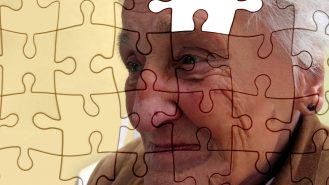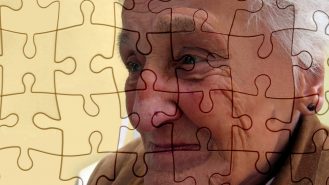- Home page
- What is U3A?
- Course Structure
- 2025 Timetable
- 2025 Courses
- Enrolment
- Interest Groups
- Annual Fee Form
- Earlier Courses
- Contact Us
- Notices for Members
- U3A Okeover Annual Report 2024
- U3A Okeover Financial Statements 2024
- UC Māpura Bright Start Scholarship
- Guide for Course Presenters
- Guide for Course Organisers
From Local to Global Village
The first 4 sessions of this course will focus on how Western Civilisation has changed in the last millennium. The world of our European ancestors in the year 1000 is almost unrecognisable to us today. Life was short and sharp and remained so for most of the millennium. What were the key inventions that changed people’s lives? What took Britain from relative obscurity to global superpower? We will discover how Europe’s Great Divergence has shaped the modern world.
International Conflict
International conflict seems to be everywhere, bringing with it news of death and despair.
Yet while the tragedies in Ukraine and Gaza, and tensions between the US and China,
dominate our news today, most of us are in fact living in the most peaceful era in human
history. This is not to dismiss or make light of the very real destruction and trauma we are
seeing in these parts of the world. But the way that humans and states manage their
conflicts with each other has changed substantially since 1945.
The course examines the nature of conflict, the recent history of international conflict (by
looking at the World Wars and the Cold War), and the ways in which we have put in place
mechanisms and practices to minimise war and conflict between and within states. The role
of the United Nations, the growth of international law, a greater emphasis on human rights,
and efforts to control or outlaw weapons, have all been very important. But these measures
do not always work, as we see in Ukraine and the Middle East today. Power politics and
vested interests as practised by some of the most powerful states can derail our efforts to
build a peaceful world. Nonetheless, the advances the human race has made in managing
international conflict and bringing a level of peace and prosperity to many parts of the world
should not be under-estimated.
Matters Medical
The genesis of this course started last August with the 50th Jubilee of the Otago Medical School, Christchurch Campus. Like all research, it has evolved, been discarded, and begun again. I hope you enjoy the developments to date.
Out of Africa and DNA: Human migration and global connections
We are living in exciting times when new discoveries through science are expanding our
knowledge from the vast expanses of the universe to the minutest cells that are the building
blocks of all life. Theories are proposed to answer fundamental questions of human existence,
and knowledge is a ‘work in progress’. Paleoanthropology is the scientific study of human
evolution. In recent decades, huge strides have been made in knowledge of our early human
ancestors and how they came to populate planet Earth. In the 21 st century, the theory of the
emergence of homo sapiens ‘Out of Africa’ is widely accepted, and supported by the global
study of genetics and DNA. This lecture series will borrow from scientific knowledge to
offer an historical perspective of our global relationships.
Frieda Looser has an MA (Hons) in History and is the author of Fendall’s Legacy, a history
of Fendalton and Northwest Christchurch. She was a Senior Tutor in the History Department
at the University of Canterbury, tutoring and lecturing in a number of courses, and currently
teaches in the UC Academic Skills Centre. Frieda was a contributor to the University’s
Community Education programme from 1998 to 2012, offering a wide range of courses
exploring European, as well as New Zealand and local Canterbury history. When the
University disestablished Continuing Education, Frieda founded her own business in 2013
and teaches history courses, leads overseas study tours, and offers talks to U3A, Probus and
other community groups.
